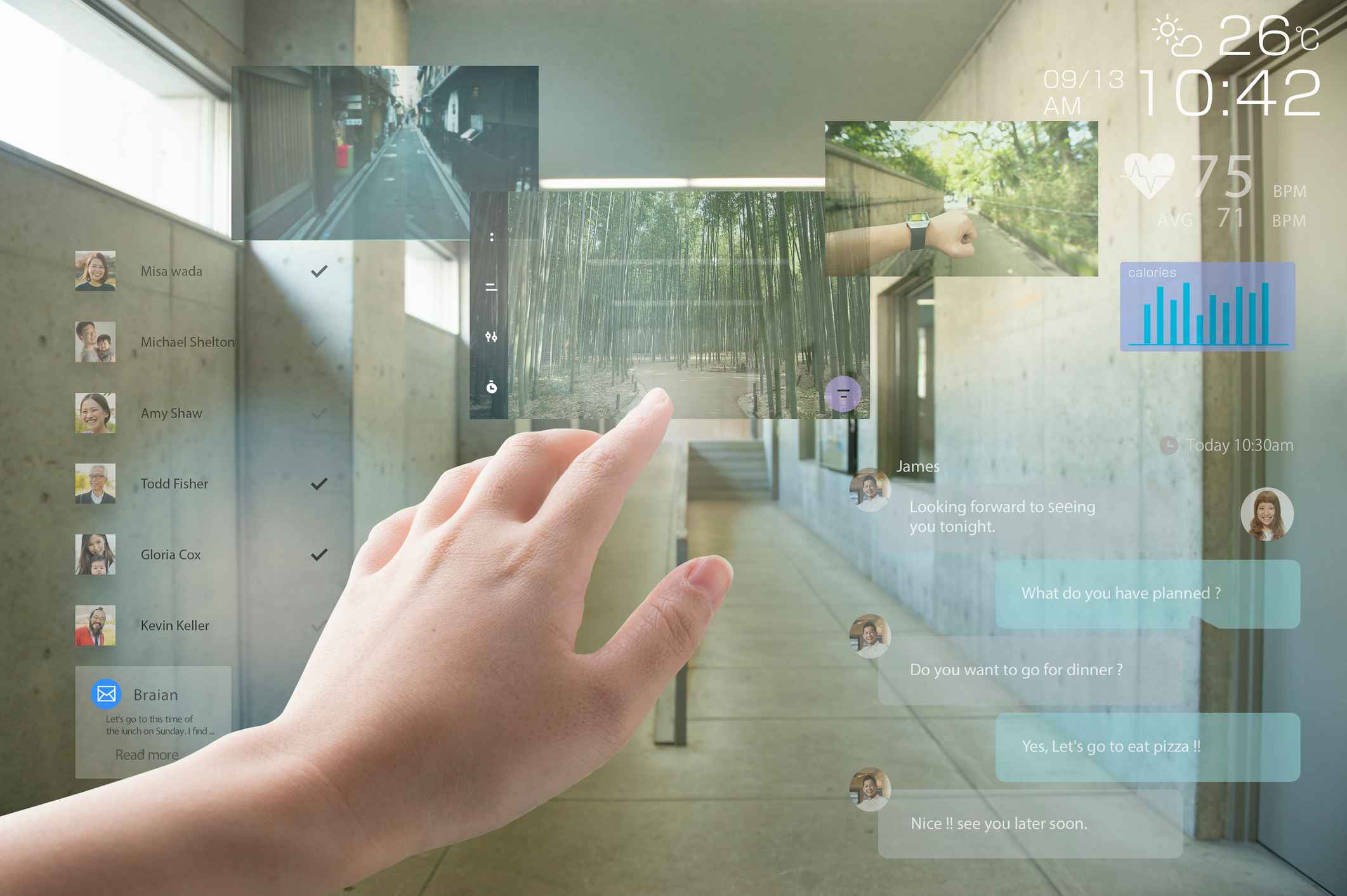
Always see it in English
Always see it in English
Virtual voice assistants are not something radically new and, in fact, the original versions have existed for more than ten years. Since then they have improved a lot, but the great novelty is not that but the fact that they are beginning to settle physically in our homes. Through several types of speakers, these assistants which previously lived on our phones and tablets are managing to move into our homes.
We are talking about intelligent systems that allow us to interact with devices through a conversation. They recognise our voice, understand what we are asking and respond with a synthesised voice.
That technology surrounds us to make our lives more comfortable and efficient is something positive, but we must be aware that living with a speaker that records what we say has a certain impact on our privacy.
If you want your smart speaker to be able to keep your upcoming appointment with the doctor, you will have to give it access to your calendar. The same happens if we ask the maps application to take us to a certain place: we are telling it where we are and where we want to go at all times.
Meanwhile, collecting information, are service providers such as Google, Facebook and Apple. This is not about being afraid of the unknown. It's about understanding the way things work.
“Virtual voice assistants were already in existence, but now they are moving into our homes in the form of speakers and other devices.”
The continued use of services and applications allows service providers such as Google, Apple or Facebook to build a fairly complete data profile.
Logically, everything depends on the information you give them. And normally you give them this information in exchange for making your life easier. Starting from these premises, we can distinguish 4 large sets of personal data:
Once the data we transfer is accepted, it makes no sense to fear technology and believe that the world is conspiring against us. True revolutions such as virtual assistants can help us make our lives better.
In a few years it will be normal to live in a smart home. The speaker or smartphone will not be the only thing connected to the internet; all home appliances will be too. The virtual assistant will be the supreme intelligence that governs them all.
With the operating data that intelligent light bulbs, the heating system or a television set can offer us, we can generate usage and consumption patterns which are very valuable for your quality of life. Imagine that you simply have to open your mouth and say:
"Alexa, open Endesa and tell me the amount of my last electricity bill".
This is not the future, it is the present. At your fingertips, or your voice, thanks to the fact that Endesa is already compatible with Amazon's Alexa speaker and you can also ask Google your questions.
It's no secret. The way in which service providers collect information is through our devices (smartphone, computer, smart speaker etc.) and they do so with our authorisation.
For this reason, only when we activate them expressly through a voice command do they begin to listen and record what we say. It is one thing for your microphone to always be on alert in case you say the activation command. And a very different thing altogether for it to be dedicated to recording 24 hours a day, 7 days a week.
This is the official version and there is nothing to indicate otherwise. What has occurred is that there have been occasional failures (such as the user who requested the data on his activity from Amazon and, by mistake, received 1,700 audio recordings of a stranger) and controversy about the use that service providers will make of these data (specifically: they do not only use them to make the assistant work better but also to try to sell us other products).
In any case, and as always when we are willing to grant personal data in exchange for a better service, it is useful to know how to control privacy in virtual assistants.
“Smart speakers start recording only when activated by a default voice command.”
When talking about privacy and personal data, we usually mention Facebook. But in reality Google is the king of data and the company that knows the most about us. It depends on the privacy settings we have and the devices and services we use, but in general it knows many details.
Have you ever thought about what Google knows about you? Google itself allows you to review this thoroughly:
To perform a complete privacy review and to personalise the Google experience, you have this address.
Like Google, Apple receives a lot of personal information due to the number of active devices and services around the planet.
In this path towards giving importance to privacy they have created a dedicated website, with considerable information and tools, as well as tips for the protection of our data. There is also a report on transparency in the event that third parties ask Apple for our information.
There are two important areas. In the first one, they explain the personal information that their systems and services collect. In the second one they help us with privacy management, informing us how to protect our devices, or Apple ID management.
If what you want is to consult your data, then you will have to go to this address. There is usage data for apps, documents, photos, videos, contacts or calendars.
We must learn to manage our personal data. If we decide not to grant anything, not even the most basic data, we will have to give up services that are changing many people's lives. If we grant everything to anyone and without understanding why, we will give up our privacy.
In the middle ground lies the key: it is necessary to understand that most of these services are free because, in some way, we are paying with our data. Therefore, it is up to each of us to take stock and assess whether what they are giving us is worth it in exchange for letting them know about us.
“Many digital services are free because, in some way, we pay for them by granting our personal data.”





